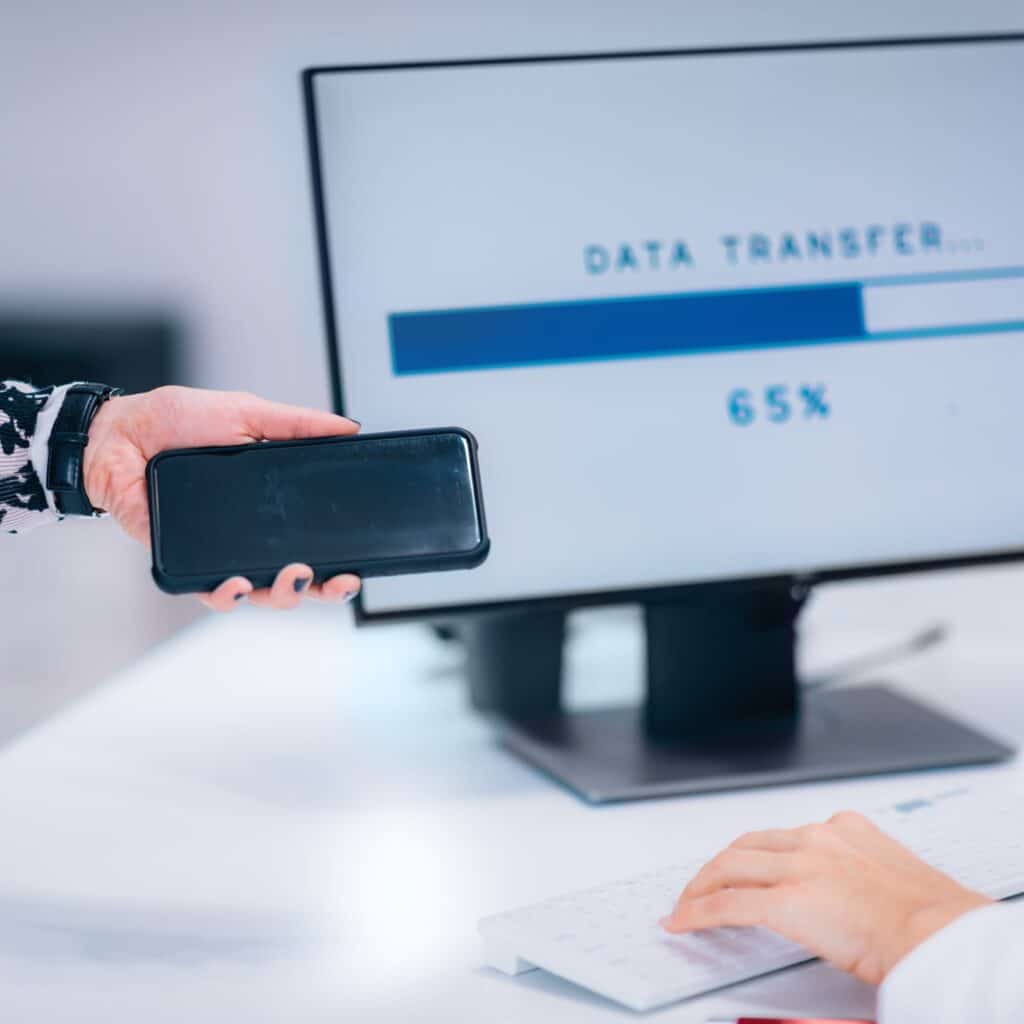The moment you start seeing more than a thousand unique visitors in just one day, we won’t be surprised if you’d be grinning ear to ear the entire week. But when weeks turn into months, you’ll then remember why you started off on this venture in the first place … and it wasn’t about just owning an immensely popular website.
People, like you, who’ve chosen to invest in eCommerce were most likely thinking along the lines of great ROI, revenues, and profits. Now that you have thousands of visitors, how would you like to have, say for a start, 1% of them buying the products on your site?
You know more about your own product prices; you do the math. But what might really interest you is that a slight change in that 1% conversion rate can already spell a big difference in your profits. Now imagine bringing that 1% up to at least 10%. That’s possible, but not if you simply rely on guesswork.
We rely on tests applicable to complex multi-variable systems, just like today’s typical eCommerce websites, in determining which combination of copy text, landing page images, form layouts, and background colours generate higher conversion rates.
Here’s how we’ll convert your visitors into buyers:
- We’ll conduct A/B or even multivariate tests on your eCommerce website, thus eliminating guesswork in determining how to increase those conversion rates.
- We’ll perform on-site and off-site web analytics to gain a deeper understanding of web usage to aid in our optimisation operations.
- Through our expertise in copywriting, graphics and web designing, UI designing, and website QA, we can enhance and fine tune your site to give each visitor a uniquely engaging browsing experience.
- We can also integrate CRM (Customer Relationship Management) systems so that you’ll have the technical advantage to turn one-time buyers into repeat customers.
